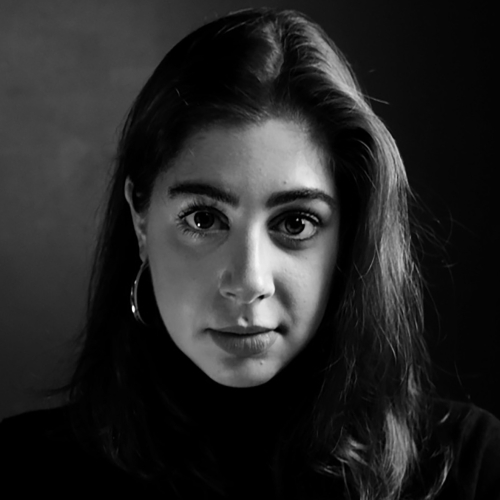Uriel Weinreich Summer Program Testimonial: Masha Shollar ‘21
“I know this place. I know these people.”

by MASHA SHOLLAR, Summer Program ‘21
It wasn’t so long ago that I was struggling through my first YIVO course and trying to remember the difference between the formal and informal forms of “you.” How wonderful, then, that I already feel so at home.
In both my undergraduate and master’s programs, I studied literature and creative writing. I’ve always loved how stories push you outside of yourself and your world, drop you into someone else’s head and let you live there. At the same time, I crave stories that hold up a mirror to my life, my world. There are books and authors who speak to certain parts of me, but, for so long, I couldn’t find a story that I felt belonged to every part of me.
Until I read Isaac Bashevis Singer’s In My Father’s Court. I thought to myself, “I know this place. I know these people.” Odd, perhaps, to identify with childhood in interwar-Poland. But I saw myself and my life in the traditions, personalities, squabbles, quotidian moments that were beautiful precisely because of their ordinariness, and existential questions and longings. I felt wholly seen. The fact that such a book exists in all of its wonderful, detailed specificity and also functions as a work of powerful literature that welcomes all readers in, is more than I could have hoped for.
Yiddish literature led me to the Yiddish language, and the Yiddish language led me to YIVO. I enrolled in the summer intensive, excited to continue learning and to meet more people in the community.
Over the course of the program, as I conjugated past participles, translated folktales and poetry, and learned how to make small talk about the weather, this sense of belonging deepened. It was as though I’d always known these things in some subconscious part of me, drawn from collective memory.
The language, like the literature, feels custom-made. For this reason, even when Yiddish challenges me, it never alienates me.
I’m equally delighted by the surreality of Yiddish idioms as by the flights of fancy in Molodowsky’s “The Water-carrier,” the con-verbs are as poetically limitless to me as the opening of The Family Mashber, the use of double negation as thought-provoking as the last lines of Peretz’s At Night in the Old Marketplace.
All constitute this world that is both familiar and vast. The past generations of Yiddish writers, poets, linguists, actors, anarchists, ethnographers, historians, journalists, artists, revolutionaries, and academics have all started from this very place: the beginning.
Learn more about the Uriel Weinreich Summer Program in Yiddish Language, Literature, and Culture.




